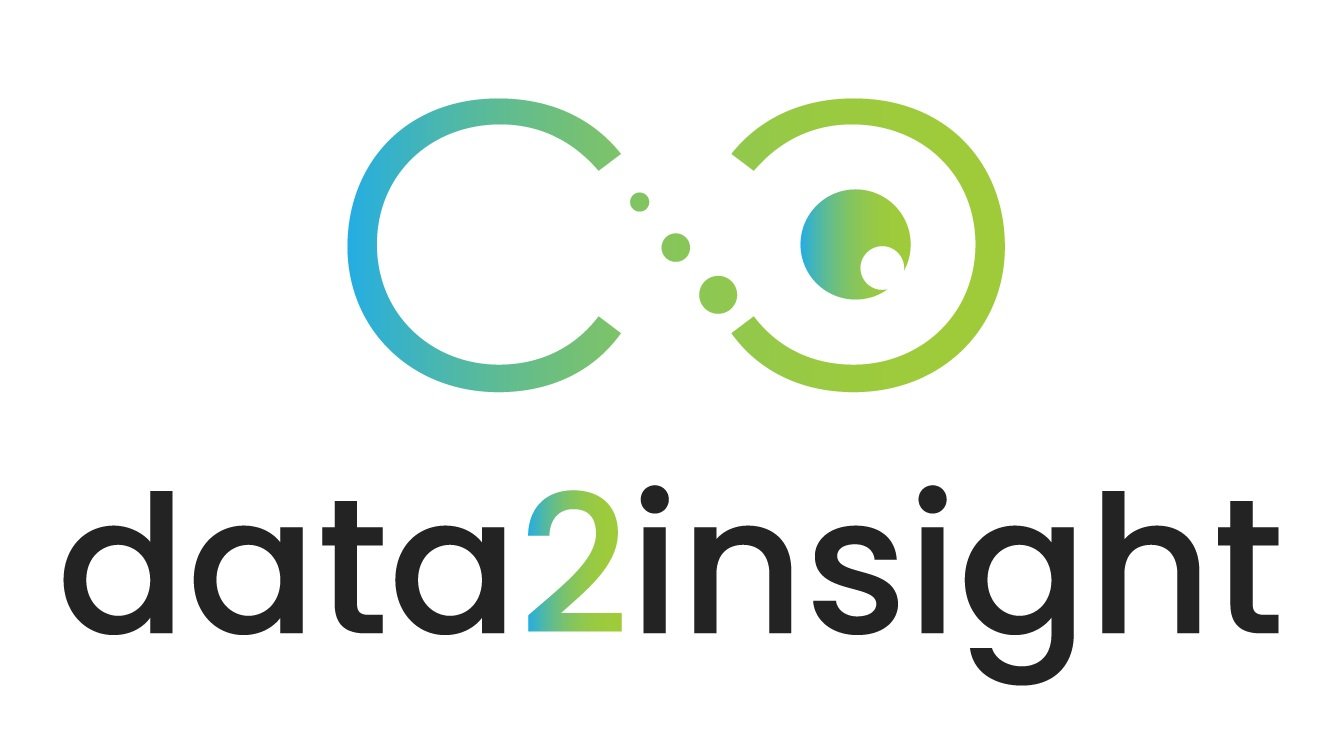Reducing Bias in Data and People
Veronica S. Smith was invited by PayScale to discuss two issues their company focuses on daily: 1) reduction of bias in data and people to improve their company’s multiculturalism; and, 2) increased success with transforming compensation data into transparent, actionable knowledge that is mutually beneficial for employees, employers, and clients.
Key Takeaways
Focus on collective intelligence and learning: Peter Senge coined the phrase “learning organizations,” which he defined as an organization that encourages and facilitates learning in order to continually transform itself to survive and excel in a rapidly changing business environment.
Check out these videos to learn more about learning organizations:
Have courageous conversations: There are many places on the web that reference the term “courageous conversation.” The source for the guidelines provided is Glenn E. Singleton’s and Curtis Linton’s field guide about courageous conversations about race. Singleton’s protocol was originally developed to support adults in having the conversations necessary to make progress on difficult subjects such as race, racism, ethnicity, and privilege. The intended result is a robust, experience-driven dialogue that deepens the group’s collective understanding while broadening each individual’s perspective. See the guidelines for courageous conversations that Veronica shared, which were adapted from the Singleton and Linton field guide.
What does ‘culturally responsive’ mean? To be culturally responsive is to understand and consider the different cultural backgrounds of the people you interact with, are in relationships with, work with, teach, and serve.
Check out the Center for Culturally Responsive Teaching and Learning.
Understanding intersectionality: Check out these resources on Dr. Kimberlé Crenshaw’s concept of intersectionality and the the diversity wheel developed at John Hopkins University to show the different dimensions of a person’s identity. The combinations of all of these dimensions influence a person’s values, beliefs, behaviors, experiences and expectations and make us all unique as individuals.
Video: The urgency of intersectionality – Dr. Kimberlé Crenshaw | TEDWomen 2016
Article: Kimberlé Crenshaw on Intersectionality – Columbia Law School
Materials: Diversity wheel
What is brave space? Professor bell hooks is one of the people attributed with coining the term “brave space,” places where people passionately welcome and encourage, in theory and practice, diversity of opinion, new ideas, critical exchange, and dissent.
Increase your awareness and understanding of both people and data bias
For people
Award-winning entrepreneur, dynamic speaker, and author and diversity and inclusion expert Jennifer Brown explores this topic in her podcasts.
Whether to underscore support for workplace diversity and inclusion, to acknowledge LGBTQ Pride or History Month, to help advance the mission of groups that advocate for equality, or just because it’s a fascinating, award-winning movie — a showing of The Lavender Scare will be an enlightening and memorable occasion. There are several ways you can bring the power of The Lavender Scare to your community!
Increase your awareness and understanding of the Transgender community with these resources:
Article: Transgender Day of Visibility – Trans Student Educational Resources
Reference: The Gender Unicorn – Trans Student Educational Resources
Cultures Connecting is a great resource for training about building antiracist and multicultural organizations.
Explore strategies for your workspace with Karen Catlin’s book: Better Allies: Everyday Actions to Create Inclusive, Creative Workspaces.
For data
Check out Stephen Few’s latest book The Data Loom: Weaving Understanding by Thinking Critically and Scientifically with Data.
Complete Coursera’s Survey Data Collection and Analytics Specialization to learn how to better collect quality data and conduct insightful data analysis in six courses.
Be transparent & accountable—be an evidence-based leader: Don’t miss these resources from Stacey Barr, the performance measure specialist:
Book: Prove It! How to Create a High-Performance Culture and Measurable Success.
Blog Post: The Price of Knowing is Transparency and Accountability
Blog Post: What Is Evidence-Based Leadership?
Play!
Check out world-renowned game designer and author Dr. Jane McGonigal’s TED talks.
Videos: Jane McGonigal | TED.com
Jane McGonigal asks: Why doesn’t the real world work more like an online game? In the best-designed games, our human experience is optimized: We have important work to do, we’re surrounded by potential collaborators, and we learn quickly in a low-risk environment. In her work as a game designer, she creates games that use mobile and digital technologies to turn everyday spaces into playing fields, and everyday people into teammates.

